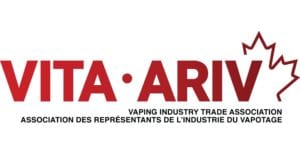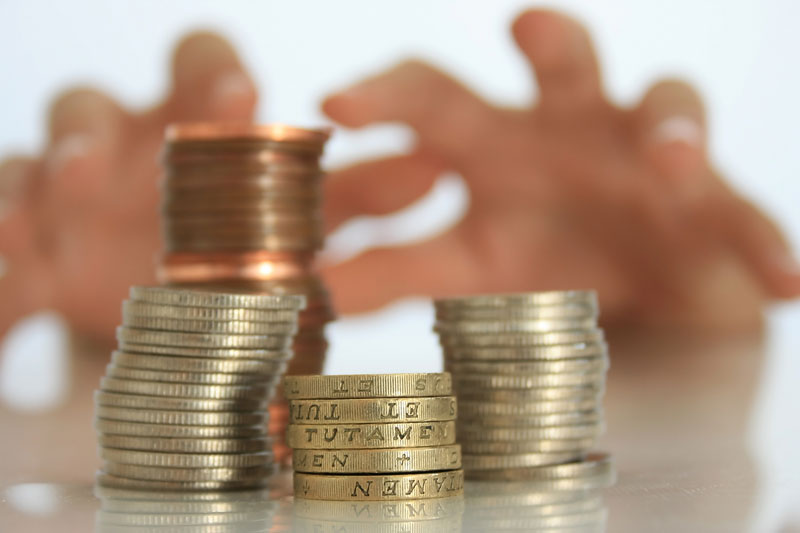The Canadian federal government tabled its annual budget yesterday and the legislation includes lawmaker’s intention to introduce a new excise tax framework in 2022. The Vaping Industry Trade Association (VITA) says the excise tax, when combined with a 70 percent reduction in maximum nicotine content and anticipated flavor restrictions, will create a once in a lifetime opportunity for the illicit market to grow an d increase access points for youth.
d increase access points for youth.
“Taxation of vaping products in a way that is proportionate to the harm reduction value of vaping is not something that the industry is fundamentally opposed to. Indeed, if revenues are used to increase enforcement actions against anyone selling vaping products to minors, there could be significant support from our sector”, said Allan Rewak, VITA’s executive director. “What we are concerned about is that this tax, when combined with broad flavor bans and restrictive nicotine caps will make the legal and highly regulated vape market uncompetitive with a growing illegal one.”
According to a press release, VITA claims that vaping products are for adult smokers seeking to reduce their risk, “not nonsmokers and never youth.” Evidence has shown consistently that effective vaping products are one of the best means to transition heavy smokers away from cigarettes.
“The Illicit market doesn’t care about reducing risk for adult smokers, they don’t care about age gating or checking ID, and they don’t care about the quality and safety of the products they sell”, said Daniel David, VITA’s president. “I’m really concerned that this tax, when combined with flavor bans and unrealistic nicotine caps will create an opportunity for criminals to prey on our children while making it harder for those of us trying to help adult smokers reduce their risk to stay in business.”
The release also states that VITA believes that the government should utilize all revenue generated from this new taxation regime to empower increased enforcement action against anyone selling vape products to minors, while also reconsidering actions that would reduce the effectiveness of vaping products for adult smokers.

